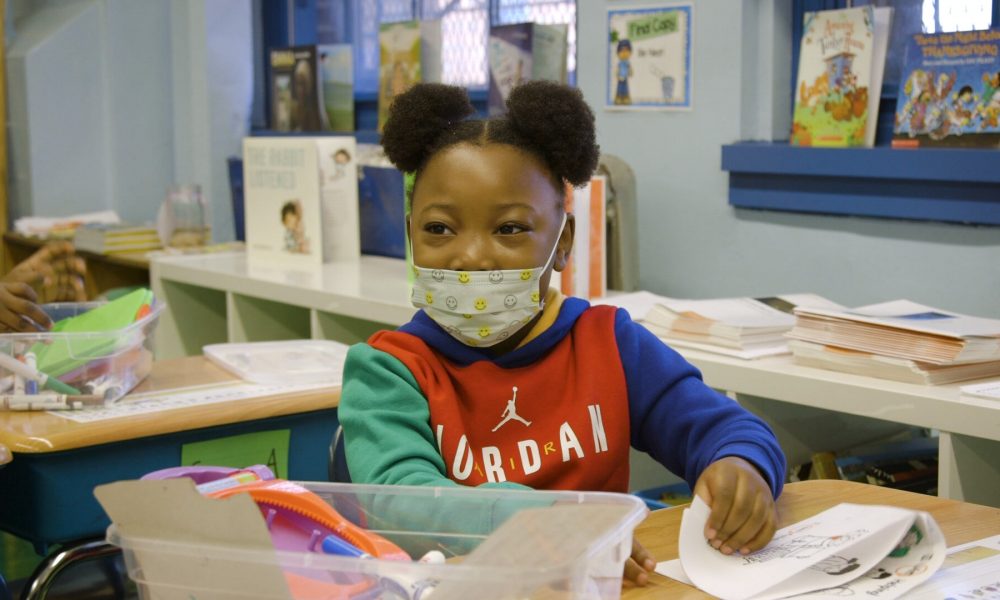On Friday, the U.S. Food and Drug Administration granted emergency use authorization for the second vaccine produced by Moderna.
What We Know:
- Just last week, the FDA endorsed the Pfizer-BioNTech Covid-19 vaccine as the first for emergency use in the United States. Health care workers and nursing home employees were among the first to receive doses of the vaccine on Monday.
- Moderna, a biotechnology company based in Cambridge, Massachusetts, developed the second authorized vaccine in partnership with Dr. Anthony S. Fauci’s agency at the National Institutes of Health. In an interview, Dr. Fauci stated the emergence of the two vaccines was “a historic moment”.
- FDA Commissioner Stephen M. Hahn, M.D said, “With the availability of two vaccines now for the prevention of COVID-19, the FDA has taken another crucial step in the fight against this global pandemic that is causing vast numbers of hospitalizations and deaths in the United States each day.” Although both vaccines were permitted under an accelerated timeframe, Hahn assures the FDA adhered to the rigorous measures for safety, effectiveness, and manufacturing quality that are all necessary to establish emergency use authorization.
- Moderna’s vaccine, also known as mRNA-1273, holds messenger RNA which carries genetic code from DNA. The vaccine has a small portion of the coronavirus’ RNA that tells the body to create the virus’ spike protein. Once the vaccine enters the body, it makes copies of the spike protein triggering the immune system to teach itself to respond defensively, therefore building the immune system’s counter against Covid-19.
- Unlike Pfizer’s vaccine, Moderna’s vaccine is only for individuals 18 years and older. Yet similar to Pfizer-BioNTech’s vaccine, Moderna’s vaccination also requires two injections, but instead of a 21-day interval, Moderna doses are 28 days apart.
- In a clinical trial, mRNA-1273 had an efficacy rate of 94.1% in preventing symptomatic coronavirus infection within two weeks following the second dosage. Pfizer’s trials showed a 95% efficacy rate. Currently, the amount of time the Moderna vaccine will grant protection from the virus cannot be determined with the given data. There is also no proof that it will stop the transmission of Covid-19 between people.
- By next week, the federal government plans to allocate nearly 5.9 million doses of Moderna’s coronavirus vaccine to 64 major cities, states, and territories across the United States. This will be done with the funding of Operation Warp Speed, a program that develops and distributes vaccines as fast as possible. The Massachusetts-based biotech company expects to make 20 million doses, primarily for frontline healthcare workers and nursing home residents, by the end of the month and at least a billion doses in 2021.
Dr. Fauci believes the presence of these vaccinations in under a year “is a triumph multiyear investment in biomedical research.” He says, “this is an example of government working. It worked really well.”



